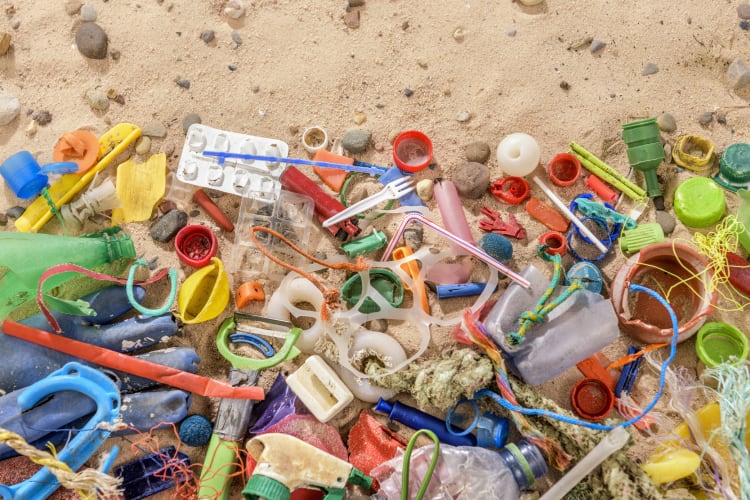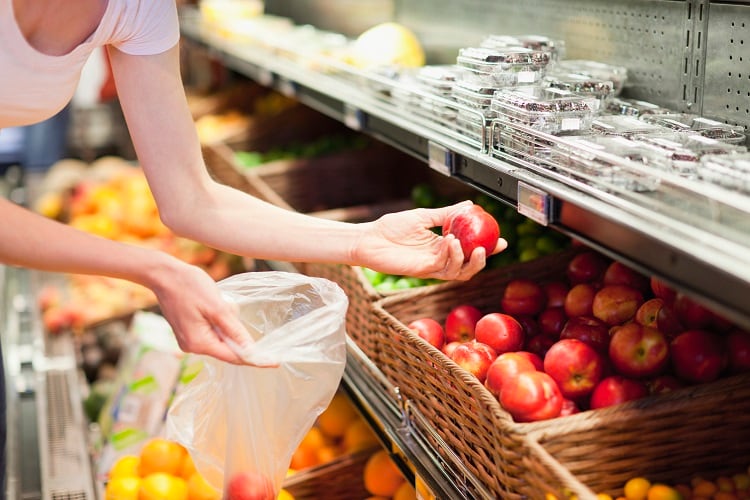The household names who signed up to WWF’s plastic initiative, ReSource: Plastic, have made strides in their efforts to reduce the use of so-called 'problematic plastic', the environmental organisation’s Transparent 2021 report reveals.
‘Problematic plastic’ includes single-use plastics that are either unnecessary or have inherent issues in their material or design preventing them from being recycled. Major companies like Coca-Cola, McDonald’s and Starbucks have achieved a ‘significant reduction’ in their use of these materials, with efforts collectively generating savings of 71,000 metric tonnes through elimination or material transformation of hard-to-recycle items like straws, utensils and materials like rigid foam and vinyl.
Another notable development is in the advancement of reusability, WWF said. This intervention has the potential to curb the demand for single-use items, with several companies introducing or expanding reuse pilots or participating in Consumers Beyond Waste to develop guidance for environmentally and socially responsible reuse systems.
But while progress has been made, there was acknowledgement that the sector needs to move faster and further if it is to tackle its plastics problem.
“Businesses have been talking about the plastic pollution problem for some time, which is an important step, but it’s now time to ask the tough questions: what have you done and is it really making a difference?” said Sheila Bonini, senior vice president of private sector engagement, WWF.
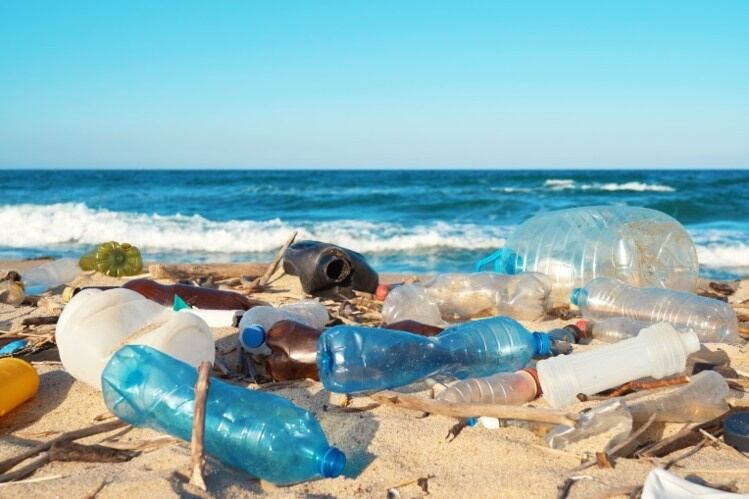
Barriers to circularity
Launched in 2012, ReSource: Plastic is a ‘first-of-its-kind’ effort to quantify corporate impact and track actions and opportunities to tackle plastic pollution. The goal is to prevent the millions of tonnes of plastic waste that are clogging up our waterways and oceans each year, to the detriment of ecosystems and the life they support.
Examining how plastic footprints are changing year-on-year, WWF is not only tracking progress. It is also prioritizing recommendations for action in three areas it believes are ‘critical’ for corporate engagement on plastic: eliminating unnecessary plastic, making the plastic they do need from sustainable inputs, and doubling their recycling rates.
“ReSource Members are answering, by putting all their data – the good, the bad, and the ugly – on the table so we can see what actions are or are not working, and it is clear how they can maximize their ability to make impact,” Bonini explained.
So, where can members of ReSource step-up their efforts?
Describing progress on using recycled content in packaging as ‘less encouraging’, WWF stressed that continued investment is needed to build the recycled content supply chain. The report revealed that members increased recycled content from 7.8% in 2018 to 9.6% in 2020, equating to around 124,000 metric tonnes of recycled plastic. WWF said this ‘modest improvement’ needs ‘acceleration’ if companies are to meet their time-bound goals.
The report highlighted systemic issues in waste management and recycling infrastructure. “Today’s recycling system is not capable of accepting the variety and scale of products we consume each day, and as a result, our recycling systems aren’t able to supply the amount and quality of recycled content that’s needed to for users to source as plastic inputs,” Erin Simon, WWF Head of Plastic Waste and Business, told us.
“Moving to circular systems means re-evaluating what we produce, as well as making sure that we have the right collection, processing, cleaning and infrastructure so we can close the loop. We need to see this improvements for not only recycling, but also for reuse and composting.”
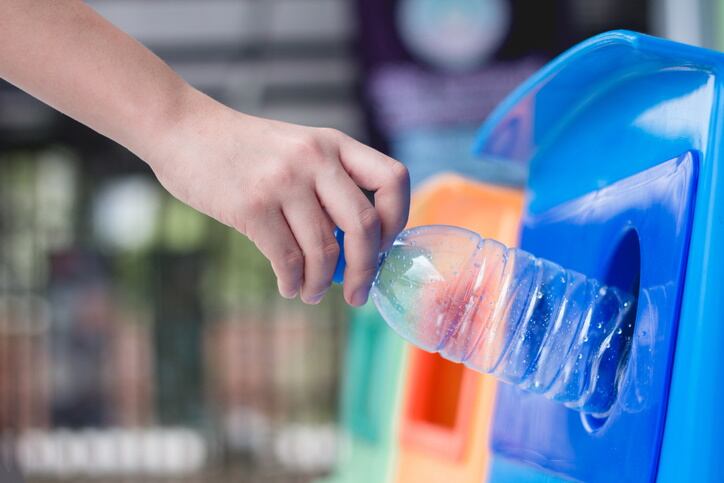
While WWF said there is clear room for improvement, it believes this issue presents the ‘greatest opportunity’ for ReSource members to make impact at scale.
What will it take to fix the currently dysfunctional recycling infrastructure? Simon explained it will require joint efforts from industry and regulators.
“To fix this, we first need consensus on what materials should go through the recycling system, what technologies and infrastructure are needed to process those, and what policies and funding mechanisms are required to sustain that process.”
Businesses should then look to design materials that ‘work in that system’ as well as committing to sourcing the sustainable plastic it produces, guaranteeing market demand for outputs, she continued.
Some progress is already being made in this area. The report notes developments like the establishment of a new Polypropylene Recycling Coalition, of which some ReSource members are signed up to, which has already awarded 13 grants that will increase recycling access for polypropylene in the US by 6%. Meanwhile, the American Beverage Association – a ReSource implementation partner - has committed to modernise PET recycling to generate an expected additional 693m pounds of PET recycled content available over the next 10 years.
“We also need policymakers to play an active role,” Simon explained. “We cannot rely on the market to fix our waste problem – we must have a cohesive national plan to reduce waste and create investment. This includes levelling the playing field for recycled content and reusable systems, since the status quo makes it easier and less expensive to source single-use, virgin fossil plastic than the more sustainable alternatives. And it’s important that any solutions they advance include all stakeholders’ perspectives—including constituents and consumers, businesses and the planet.”
Collective action to galvanise change
WWF believes policy interventions like extended producer responsibility (EPR) and deposit return systems could play an important role moving forward.
“National bottle deposit return systems could affect change we need to see by creating new funding streams for recycling infrastructure and access, while incentivising business model changes and increased use of recycled content. However, a national deposit return system doesn’t account for everything in our waste stream. It would need to be paired with extended producer responsibility system(s) for all materials—including food grade plastics—in order to ensure that the products we create, use, and recycle or reuse are accounted for, invested in, and can move through a truly circular waste management system,” Simon told FoodNavigator.
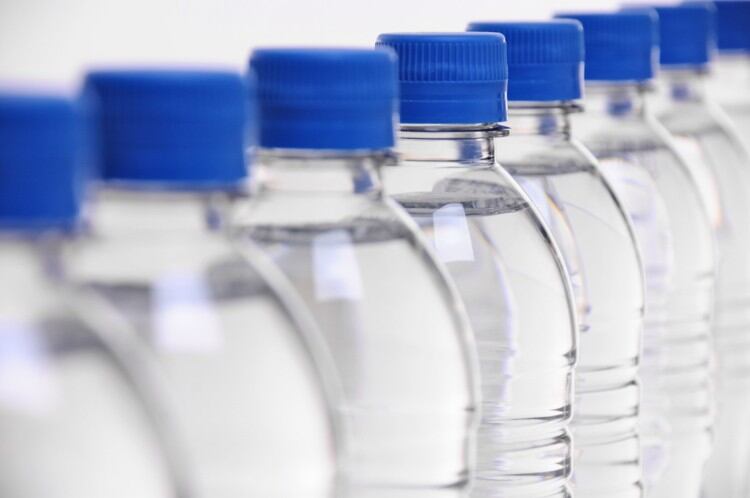
Alongside recommendations like scaling up plastic reduction and re-use efforts, WWF wants to see businesses to support ‘collective action and investment’ to strengthen recycling capabilities. And it would seem that there is industry appetite for this collective approach.
“The progress demonstrated in WWF’s Transparent 2021 report shows the continued need for ambitious, collective action. When we work together, we can take meaningful steps to advance a circular economy and reduce waste,” commented Bea Perez, SVP and Chief Communications, Sustainability and Strategic Partnerships Officer at The Coca-Cola Company.
McDonald’s sustainability chief Jenny McColloch agreed that the WWF partnership boosts transparency across the industry, helping to pinpoint ‘the critical opportunities where brands can act jointly to enable the biggest impact globally’. “This type of collective action is necessary to move with the speed, urgency and scale that the plastics challenge demands,” she stressed.
Starbucks chief sustainability officer Michael Kobori echoed this sentiment. "Meeting our goals requires collaboration with the private sector, NGO’s, governments and participation in programs like ReSource that create a common framework to track progress and offer insights for us to act on to create real sustainable change.”
Moving the needle on plastic pollution
Improvements to the recycling infrastructure aren’t a ‘silver bullet’ and the plastic waste crisis is not an issue we can ‘recycle our way out of’, according to WWF’s Simon.
“We also can’t rely on making plastic recyclable, reusable, compostable, or biodegradable because all of these requires the infrastructure to achieve these outcomes."
How does WWF believe businesses and regulators should approach the challenge?
Simon responded: "Our aim should be to improve recycling and recovery so that these systems are actually able to produce high-quality recycled content. What we need to do this is innovative public policy that can modernize the way recycling is operated and financed – policymakers can take action on these policies and other solutions now.
“To move the needle, it will be a combination of coordinating these various strategies together at interventions across a complex, broken system.”

